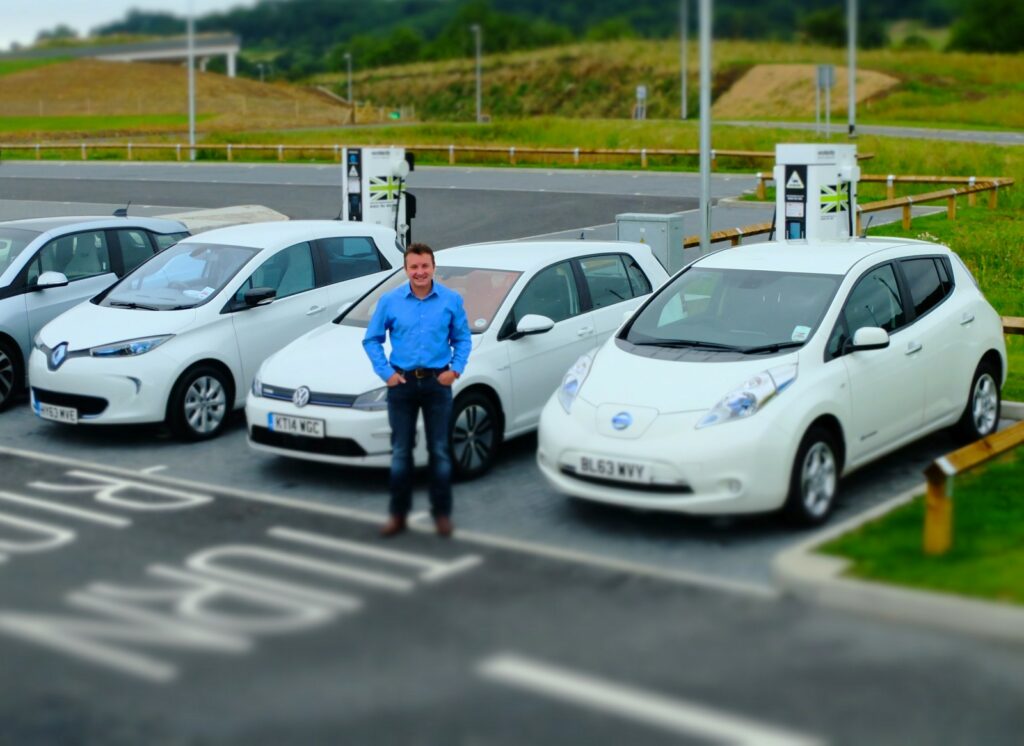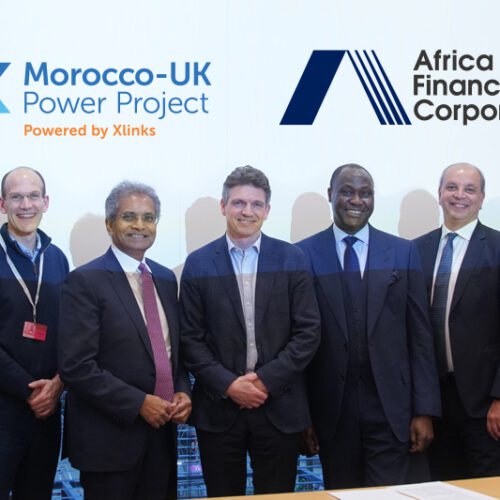The managing director of Ecotricity’s Electric Highway has revealed the company is losing hundreds of thousands of pounds a year from the charging network, claiming the business model behind charging drivers for its use is “not very good”.
Speaking exclusively to Clean Energy News yesterday, Simon Crowfoot explained that the high costs associated with installing charging infrastructure at motorway locations do not match up with the current level of use, even under the new payment regime.
Ecotricity caused a backlash last month when it began asking customers to pay £6 to charge their vehicles for half an hour, claiming the revenues from the new payment structure would go towards maintaining the highway and expanding it.
However, Crowfoot revealed that the new charging system only mitigates the losses Ecotricity has been making from the Electric Highway in the five years it has been available.
Discussing the new £6 charge, he said: “It makes a difference between losing hundreds of thousands of pounds a year and not losing so many hundreds of thousands of pounds a year. We have a bunch of overheads and a bunch of costs and we somehow have to recover some sort of return from it.
“The value of what’s going into the vehicle is relatively low because it’s electricity which is relatively cheap so it’s very difficult to generate any significant revenue. It doesn’t leave you with very much; that unit that you stick in the ground is certainly not a profitable thing to do.
“So we have to fund the growth of these networks through other means because the revenue that they generate themselves may not even cover the cost of running it, let alone put aside to invest in the future.
“If we want to invest another €100 million or so in charging infrastructure going forward because of the more you’ll need for the more cars on the road, that can’t come out of that [Electric Highway revenue] because that’s just a drop in the ocean.”
Crowfoot revealed that as there are only currently an estimated 25,000 electric vehicles on the road, the average use of the Electric Highway prior to the introduction of the £6 fee was only around four charges a day across the entire network. In contrast, Ecotricity spent around £500,000 on maintaining its network alone last year.
In addition, IKEA have confirmed to Clean Energy News that the Electric Highway chargers at its stores will remain free, removing the opportunity of some level of additional revenue from the network. Crowfoot claimed this decision is “counterproductive” as it means drivers are heading into stores to use the chargers and not entering the shops.
He said: “IKEA creates a different kind of challenge which is at the moment people tend to use and abuse the charge points but not go in the store. They become a sort of petrol station rather than shops so IKEA and ourselves are still discussing what the best solution is for them.”
Despite the financial mismatch of the charging network, Ecotricity will continue to maintain and expand it due to its commitment to increase the use of electric vehicles across the UK.
Crowfoot added: “We are in that position to expand and we will expand, regardless of the revenue generation side of things because we’re committed to this. We did this not because it makes money but because it’s the right thing to do and we want to encourage people to drive electric cars and we’ll carry on doing that.
“We’ve been the only network in the last five years not to charge customers anything at all and we always said that this would have to change at some point. We kept it free for about a year and a half longer than we planned because we thought it was the right thing to do but at some point or another that had to change.
“This has to normalise, people need to understand the proper economics of driving an electric car because having it free is nice but it distorts the reality a bit and that’s not good for the market in the longer term. It makes people buy cars for the wrong reasons potentially and that’s not a healthy thing to do.”
The roll out of new upgrades to the Electric Highway has now been completed, meaning all points are now charging electric vehicle owners for use of the network.





